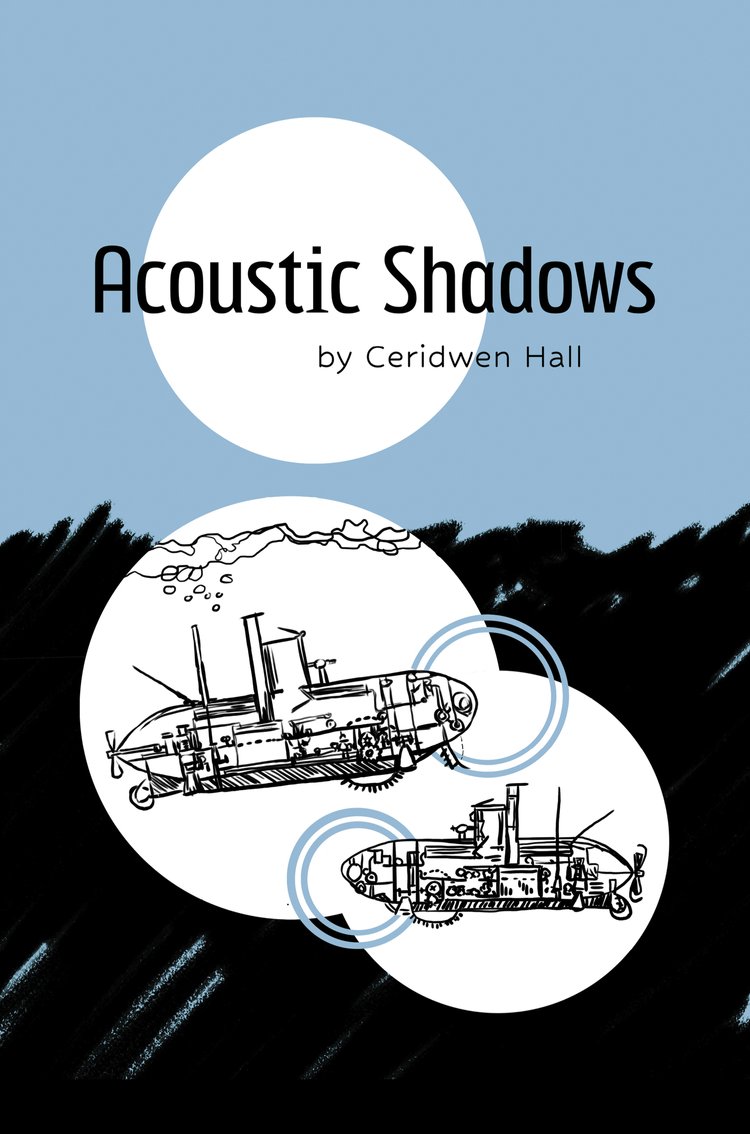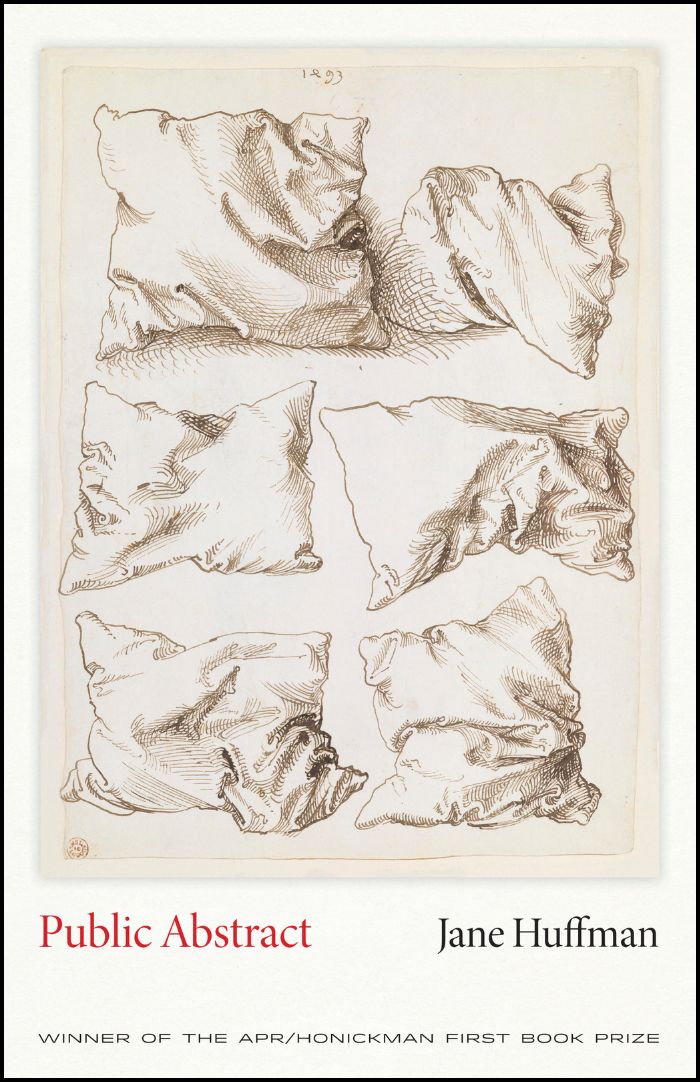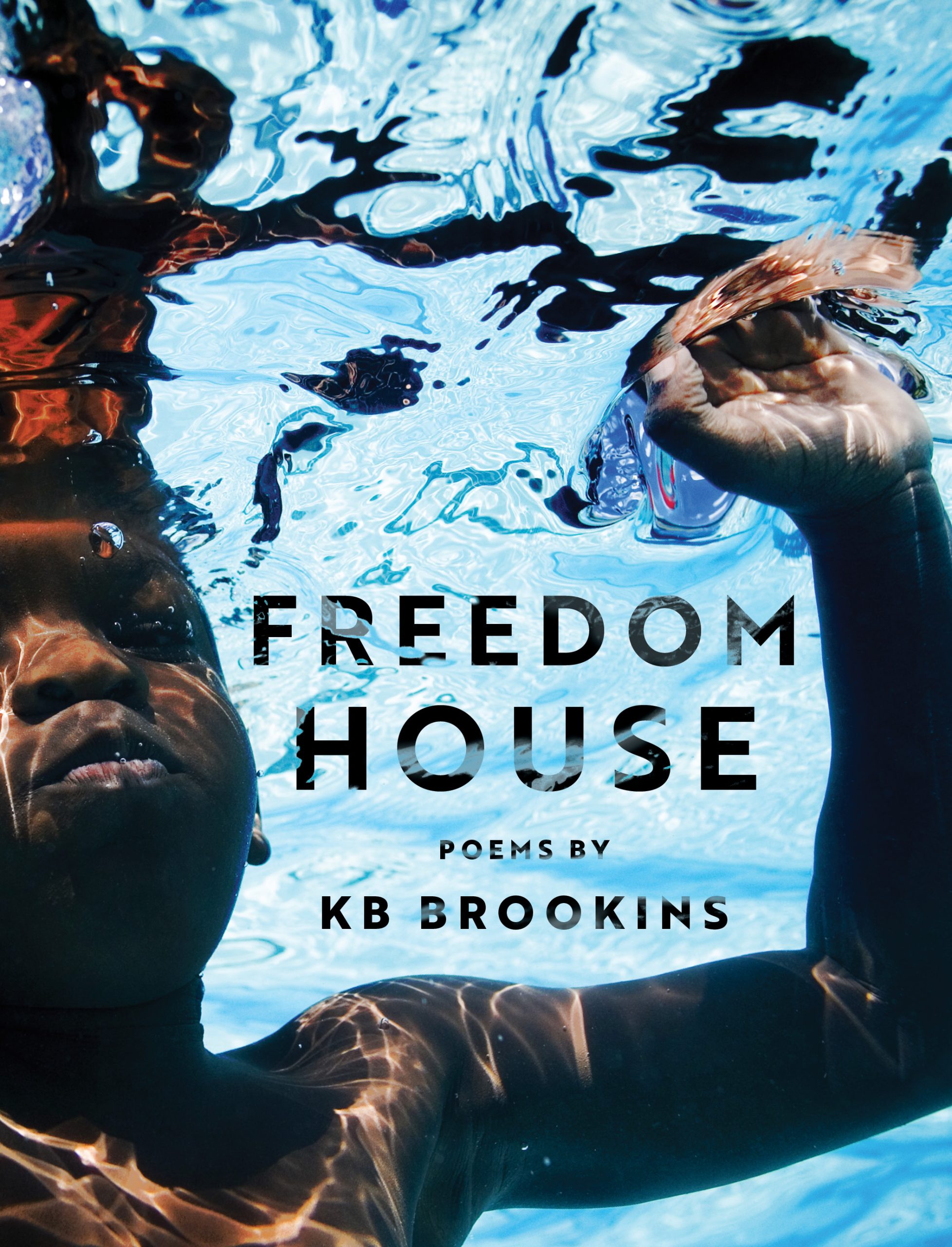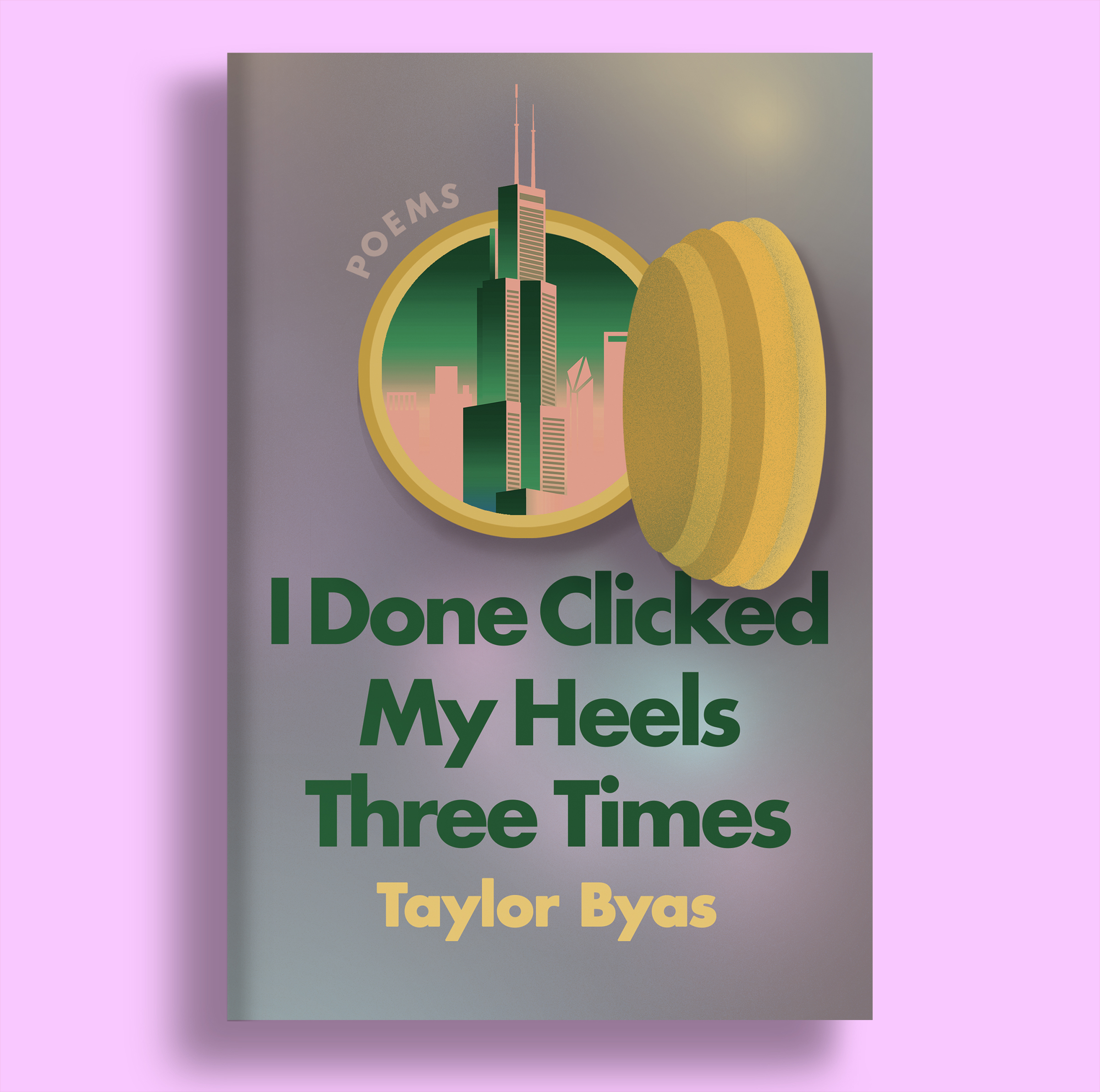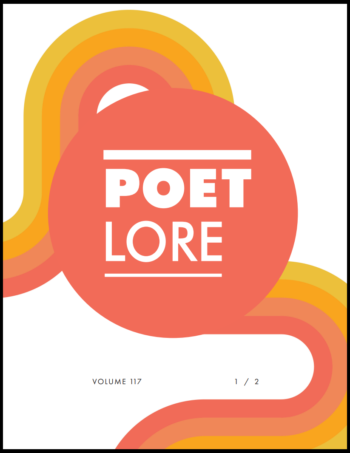Both a Realist and a Surrealist
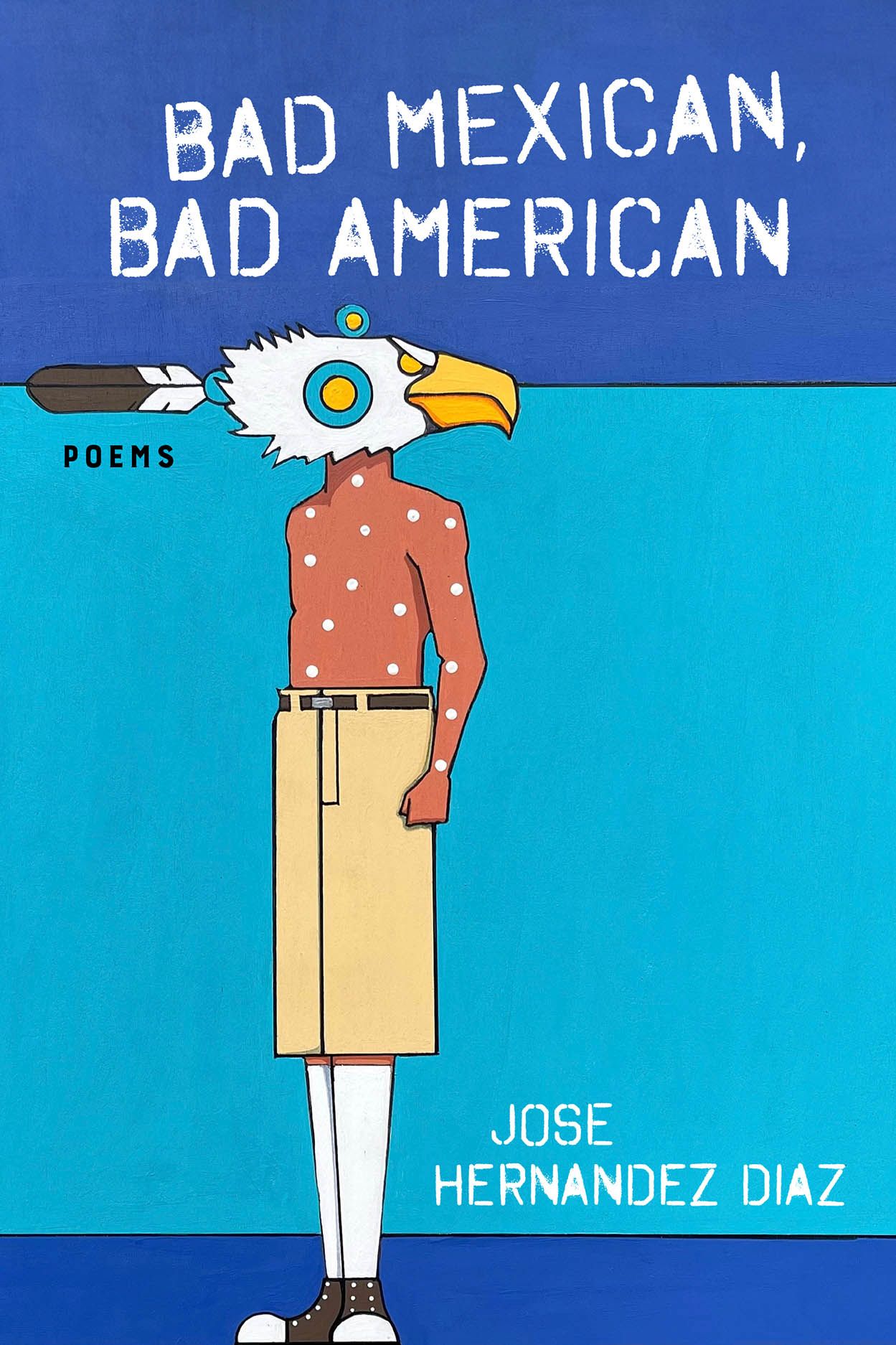
A conversation with poet Jose Hernandez Diaz about Bad Mexican, Bad American
This interview was originally published in The Writer’s Center Magazine.
In Poet Lore contributor and TWC instructor Jose Hernandez Diaz’s new collection, Bad Mexican, Bad American, coming out March 2024 with Acre Books, readers are taken on a journey through family, through surrealism, and through music. With a unique blend of prose and lyric poetry, Hernandez Diaz brings us into the intimate relationships between family members and the sacrifices made in order to provide a sense of unity and togetherness in the face of external struggles. Ahead of the spring release, Hernandez Diaz joined Poet Lore editor Emily Holland for a chat about his new book, his influences, and his transformation as a poet. This interview has been edited for length and clarity.
Emily Holland: Jose! Congratulations on Bad Mexican, Bad American! There is so much in this collection to talk about. My first question has to do with form — I love the way you are utilizing the prose poem among all of these sections. There is such a surreal and yet realistic quality to the movements. Can you talk about your relationship with the prose poem in particular? What draws you to it? How do you see it functioning within this manuscript, and perhaps your work overall?
Jose Hernandez Diaz: Initially, when I started writing in high school and as an undergraduate, I wanted to be a short story writer. So, I think I’ve always been drawn to condensed writing. When I first discovered prose poetry reading James Tate, I was immediately inspired by the brevity, the manic pace, the surrealism, the stripped-down narrative… It felt like rock n roll, subversive art in the form of literature. The fact that it was still celebrated with a Pulitzer and National Book Award by Tate was even better… I think my prose poems have range throughout the collection. Some are more personal or autobiographical. Some are more surreal. Some are absurdist. Some are strange, however, they have a Mexican American core or setting. I like the idea by Charles Simic that prose poetry is best when it is subversive. As someone who grew up always wanting to think differently or critically, the enigmatic prose poem is a good fit for my book.
EH: In addition to these prose poems, we also get tender lyric poems in the opening section. How do you see those lyric poems functioning in relation to the prose poems that feature later in the collection?
JHD: Unlike other surrealists or absurdists, like Tate for example, I did not or could not avoid talking about my real life or family life. My family is everything to me. I wanted my collection to start off with autobiographical linear verse about my real life and then blend in prose poems as well. So far, all of my full-length collections or manuscripts are split like this: first half linear verse, second half prose poetry. Initially, I thought about keeping them separated because I hadn’t seen it mixed so much before, but then I thought, no, I will make it my own. This is me. I am both a realist and a surrealist. To represent only one side in a collection almost seems fake or not the whole story. This is why I use roman numerals to separate the collection into distinct sections. Overall, I think you can still see a unified, passionate voice.
EH: I love the focus on family and lineage, even artistic lineage. Can you talk about the presence of family within this manuscript, especially in the opening section? I am struck by the dedication to your parents as well. And this may connect to the previous answer, too, but do you see the different styles of poetry you are working with able to hold different content, in a way? Thinking of lineage, which poets and artists do you see yourself in conversation with via this manuscript? Who is making a lasting impact?
JHD: As I said earlier, family life is everything for me. Many of the friends I grew up with have faded away but family is always there. I wanted to write about this, my family’s sacrifice as immigrants, and the lineage of Mexican American heritage and culture. As far as artists’ lineage: I see myself as a student of James Tate, Alberto Rios, and Octavio Paz. But I also feel a special bond with all poets, especially those who feel underappreciated or misunderstood.
EH: Many poems reference songs or bands. And there is a wonderful texture of music and sound play within all of these poems (via imagery and even some repetitions across poems). I’m curious, what is the impact of music on your poetic style? How do you pay such close attention to the musicality of your images and lines? And who do you turn to for inspiration in terms of musicality and rhythm (either music artists or even poets)?
JHD: I grew up wanting to be a lead singer in a band. My favorite musicians throughout the years have been Rage Against the Machine, Pink Floyd, MF DOOM, Chicano Batman, Deltron 3030, Carlos Santana, Get Up Kids, Saves the Day, Fleetwood Mac, The Doors, The Mars Volta, Celso Piña, Ramon Ayala, Thee Sacred Souls, Aurora, Atmosphere, Trish Toledo, Durand Jones & the Indications. I think I fell in love with lyricism and the poetry of music before actual poetry. I spent so much time listening to music, absorbing lyrics, rhythm, pace, flow. I think this manifests itself in my poetry via musicality, pace, and attention to sound, rhythm, syntax.
EH: We have to talk about the title of the collection and the title poem! In “Bad Mexican, Bad American,” you write “It was said before me, it will be said after: how you treat / Folks is all that matters, to the dying question: // How do you want to be remembered?” So my question is, how do you want to be remembered? And what, if anything, within these poems do you see grappling with this idea of legacy or remembrance?
JHD: I think at the beginning of my writing career I wanted to be known as an avant-garde Chicano poet who was prolific and passionate. Now that I have a couple of books completed and two more manuscripts I just finished, I’m looking to have more of a balanced life, not just writing, but more teaching and editing as well. As a teacher I’d like to be known as a positive influence and someone who could inspire writers to write via innovative prompts and freeing themselves to discovery along the way.
EH: In the dedication and acknowledgments, you mention your English teachers and their impact on you as a young writer. Perhaps we all have an idea of someone in our past who was instrumental in driving us to be the artist we are today. Can you talk about their impact on you? Since you are now a teacher yourself, I’m curious how you see your role in the writing classroom? What do you hope to teach or show your students?
JHD: I don’t think I would’ve become a poet or writer, teacher, editor without meeting my high school English teacher, Mrs. Weir. She has won teacher of the year back home many times. She has a special talent for making literature accessible and engaging to a young audience. Right away, listening to her, I knew that literature was something special, exciting, and honorable. I don’t remember ever wanting to be anything else other than a writer after that junior year English class. Back then I did not have a lot of people telling me I could make it as a writer or in this world in general. I was playing football getting C’s and B’s and D’s. Mrs. Weir inspired me to take school seriously and from then on I got straight A’s. Without her I don’t know what I would’ve become, but likely not a published poet. With my own students I like to be positive and a problem solver. I like to encourage writers to submit and believe in themselves because of their dedication to craft.
EH: I’ll end with a question we ask in many of our interviews: What advice would you give to a writer just starting out, who may be looking for community or looking to submit their work?
JH: It is a marathon not a sprint. Every prolific writer is first a prolific reader. Treat people like you want to be treated. Hard work pays off but take time to find balance and peace and community.
Jose Hernandez Diaz is the author of The Fire Eater and the forthcoming book The Parachutist. A 2017 NEA Poetry Fellow, his work appears in American Poetry Review, Border Crossing, Cincinnati Review, Circulo de Poesia, the Hooghly Review, Huizache, Iowa Review, the London Magazine, Missouri Review, the Moth, the Nation, Poetry, Poetry Wales, the Progressive, Southern Review, TriQuarterly, Witness, Yale Review, and in The Best American Nonrequired Reading. He teaches generative workshops for Hugo House, Lighthouse Writers Workshop, The Writer’s Center, and elsewhere. He serves as a poetry mentor in the Adroit Journal’s Summer Mentorship Program. He lives in Norwalk, California.

